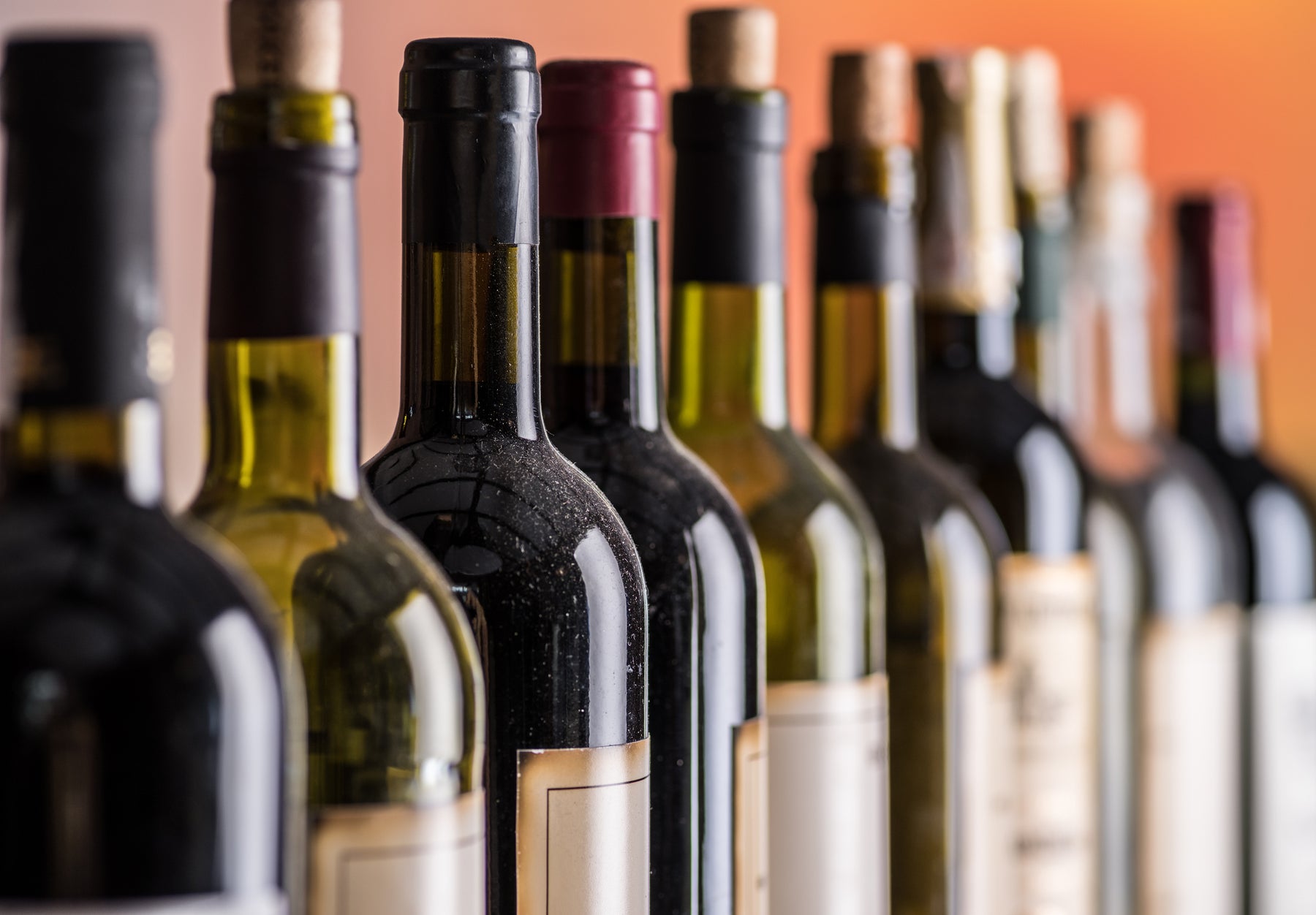
Wine Packaging: 5 Reasons Why Glass Bottles Still Work
Glass has been among the most common wine packaging materials since a very long time ago. Its early uses included drinking and storage containers as well as glass panes for the first windows put in Roman villas. Check out a few of the reasons why glass bottles have stood the test of time!
Glass Is Eco-Friendly
Wine bottles are manufactured from just three natural materials, including sand, soda ash, and limestone, together with recycled glass. These resources are obtained without the discharge of any hazardous chemicals or environmental damage. Furthermore, through cutting-edge research and advancements in the processes used to lower the energy required for creating glass bottles, even the creation of wine bottles has become noticeably more sustainable.
In as little as 30 days, new glass bottles and jars may be produced using around 80% of the recycled glass. For those bottles that wind up in the trash? Since glass is inert, it will naturally decompose into the soil without releasing any pollutants into the environment. However, the same cannot be true for any other type of packing material.
Glass Bottles Can Last Long
Glass bottles are well-known for their extended shelf life and durability. They don’t degrade with time, guaranteeing that the wine is safeguarded and unaffected by wine storage, transportation, or ageing. For wines that benefit from age, this longevity is especially important since glass bottles offer a stable environment for the wine to develop and mature.
Wine Tastes the Best in Glass
When it comes to taste, glass triumphs as it has no flavor or smell. This wine bottle packaging offers a good defence against air, UV radiation, and other outside factors that might degrade the flavor and quality of the wine. As opposed to aluminium or plastic, this material does not chemically react with the wine, guaranteeing that the wine’s properties are preserved until it reaches the consumer’s glass.
Glass Bottles Are Versatile
Glass bottles are available in a variety of forms, sizes, and colors, and due to their timeless appeal, they are a versatile option for winemakers. Different wine types and varieties can be paired with certain bottle designs to improve their aesthetic attractiveness and set them apart from one another. Whether having a contemporary or classic style, glass bottles still exude sophistication and elegance, making them ideal for presenting premium wines.
Glass bottles may also support several closures, including corks and screw caps, to satisfy diverse wine tastes and guarantee the wine is properly sealed.
Glass Wine Bottles Are Familiar With Consumers
Wine has always been associated with glass bottles, which has brought a sense of familiarity and confidence to consumers. They consider wine in glass bottles to be luxury products and associate them with authenticity and high quality. This perception can have a big impact on buying choices and raise the wine's perceived worth as a whole.
Final Thoughts
Glass remains to be the best option for wine shipping, wine packaging, and experience. In addition to playing an essential part in a sustainable future, glass bottles also add a feeling of sustainability, richness, and beauty to a wine tasting with your friends.
